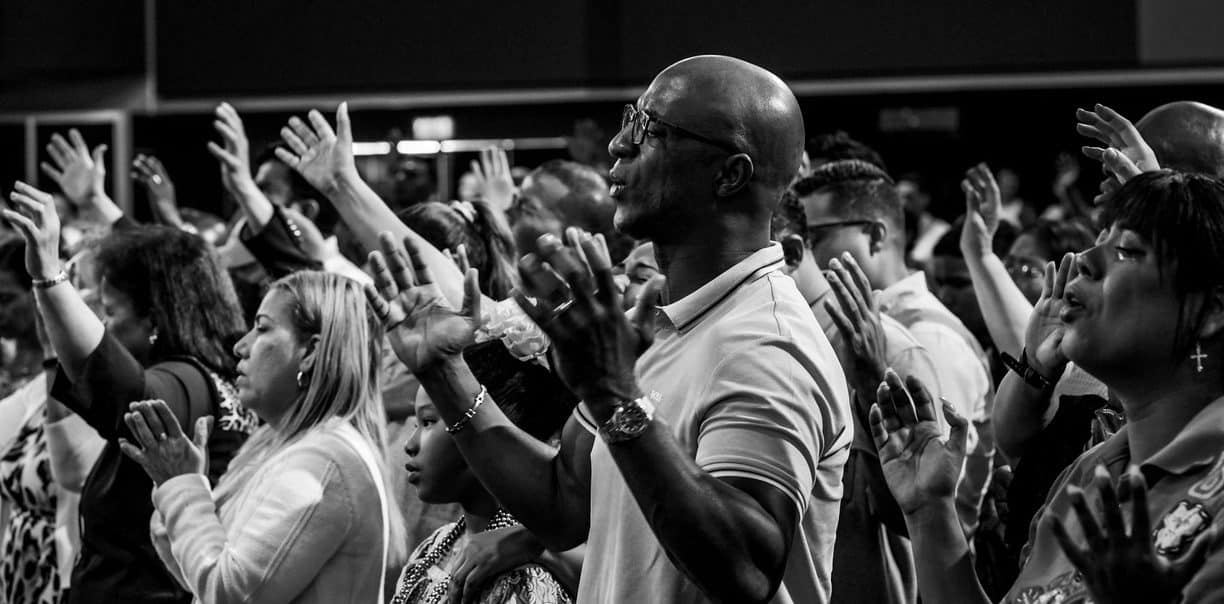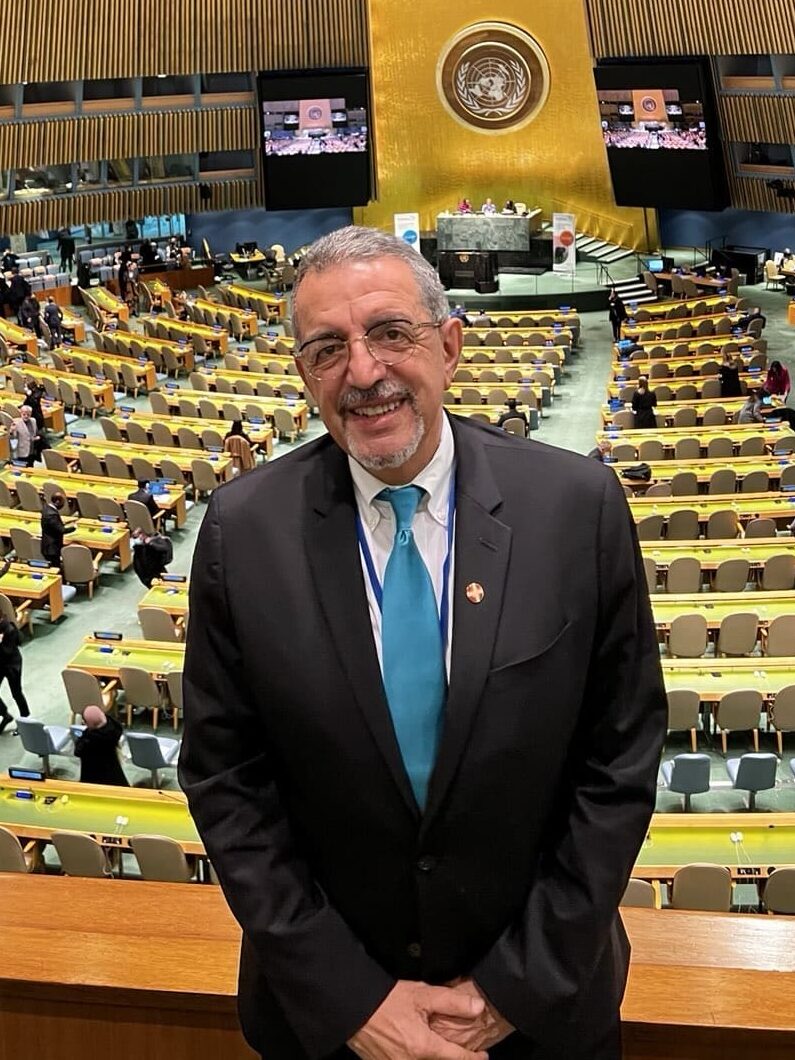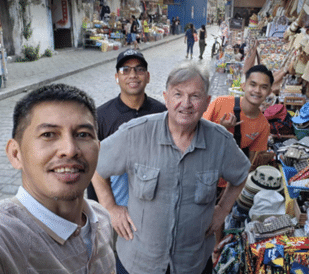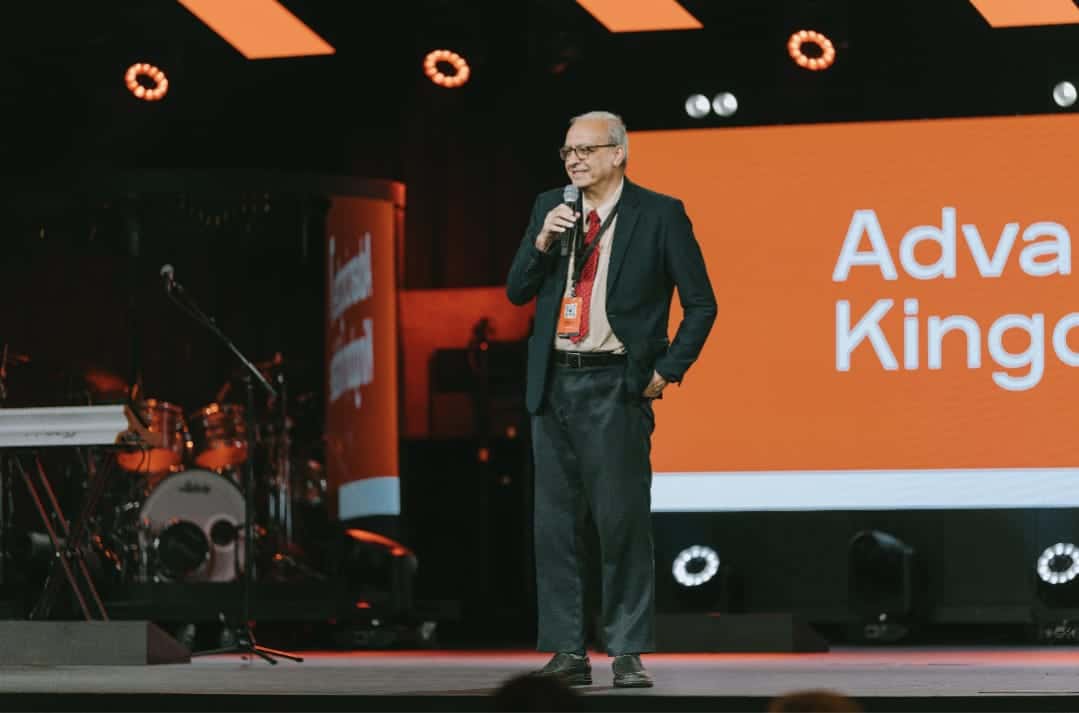Police and military officials, allegedly led by supporters of former longtime dictatorial President Abdul Maumoon Gayoom, forced President Mohamed Nasheed to resign on Feb. 7. The international community merely looked on his ouster, caring little that it will have bearing on civil rights of the Maldivian people.
The unusual circumstances that led to the regime change in the Maldives should have caused the United States and the European Union to question the legitimacy of the new President Mohamed Waheed Hassan. But the two powers instead chose to recognize him out of fear that, if they did not do so, China would grant that favor and achieve another milestone in the strategic Indian Ocean Region, which contains vital sea lanes.
The Indian Ocean has attracted great powers, including Great Britain, the United States and the Soviet Union, since World War II. And the region has strategic stakes for the West, given its competition with China, which many believe will some time in future overtake the U.S. economy. The Western concern is understandable. However, the diplomacy by the U.S. and the E.U. in the Maldives completely overlooked the objective of the coup d’état, which was to overthrow the Maldives’ first democratic president who was gradually working on liberating the archipelago from civil and religious repression.
Gayoom, whose supporters are now at the helm of this nation of roughly 330,000 Sunni Muslims, enacted the Protection of Religious Unity Act of 1994 to unify the practice and preaching of Islam and to restrict practice and expression of any religion other than Islam. During his 30-year rule, Gayoom cracked down on Christian expats on suspicion of missionary work and deported them. He also imprisoned a few local converts.
During Nasheed’s presidency, his opponents raised fierce objections against his moves, such as Maldivian troops joining the United Nation-led peacekeeping operations to conflict zones, doctors from Israel coming into the country for purely medical work, and granting of civil rights to the people. They saw these developments as anti-Islamic. They sought to impeach the education minister in June 2009 when he proposed making Islam and the Dhivehi language optional – from compulsory – for senior classes in schools.
Maldivian Chief Justice Ahmed Faiz Hussein recently criticized a silent protest by a few citizens for religious tolerance on Dec. 10. He said it “shocked the nation” and indicated weakening of the country’s Islamic faith. In November last year, when the Maldives hosted the South Asian Association for Regional Cooperation (SAARC) Summit for the first time, a mob believed to be led by Gayoom’s supporters vandalized a banner that carried a painting of Jesus’ face representing Christianity as one of the religions of South Asia. Even when the alleged coup was taking place this month, extremists were vandalizing Hindu and Buddhist artifacts belonging to the country’s pre-Islamic era at the Maldives national museum in the capital city of Male.
Nasheed unseated Gayoom in the 2008 presidential election, but he could not win a majority in Parliament in the May 2009 parliamentary election. Like the United States, the Maldives has a presidential system, where the president may or may not have a majority in Parliament. Consequently, all Nasheed’s attempts to deviate from conservative policies of Gayoom were blocked by the latter’s Dhivehi Rayyithunge Party (DRP) legislators. Since Gayoom had appointed his loyalists in the administration as well as the country’s courts, Nasheed faced opposition from all sides as he sought to bring in reforms. Even some of the allies of Nasheed’s Maldivian Democratic Party (MDP) were extremely conservative, which compelled his party to carry on with repressive laws.
The pretext of the coup was Nasheed’s act of arresting Chief Justice of the Criminal Court Abdulla Mohamed as he had refused to allow a government investigation into corruption charges on Gayoom. Nasheed claimed he did so out of his obligation for the greater cause of democracy. It was a bad move, but he had been seeking help from the international community saying the opposition was not allowing his government to function – in vain. Yet he was gradually addressing civil rights issues.
Far from rewarding him for boldly making an attempt to reform the Maldives, which is the only country after Saudi Arabia which claims to be 100 percent Muslim, the international community has almost entirely abandoned him. This will embolden the country’s Islamist extremists.
Police manhandled Nasheed on the streets and beat up and tortured his party members, including former party head Mariya Didi, after the coup. There are also reports of police barging into the homes of MDP members and leaders and spraying pepper into their eyes and genitals. It’s not just political vendetta, but an ideological war with a religious component. Yet, there is no international condemnation of what Nasheed’s opponents are doing.
If Nasheed’s ouster completes without any international criticism, it will be a great setback to the cause of democracy and civil rights, including religious freedom, in the archipelago. Nasheed’s five-year term in office was to be over in late 2013, and President Waheed doesn’t seem to be in a mood to hold election earlier than that, fearing that the MDP might come back to power. Waheed recently said he was willing for an early election, but it is highly likely that he will try to push polls as far as he can under the pretext that the atmosphere in the country is not conducive for a free and fair election. He should be prevented from doing that.
Then only way to salvage the death of hope in the Maldives is to condemn the transfer of power in this country and ensure election not later than six months.
———————————————————————————————————————————————-
World Evangelical Alliance (WEA) Religious Liberty Commission (RLC) sponsors this WEA-RLC Research & Analysis Report to help individuals and groups pray for and act on religious liberty issues around the world. WEA has a consultative status with the UN Economic and Social Council.
This report was researched and written by Fernando Perez, and moderated by the WEA-RLC Executive Director, Godfrey Yogaraja. It can be used for distribution or publication with attribution to WEA-RLC.
———————————————————————————————————————————————-





Stay Connected